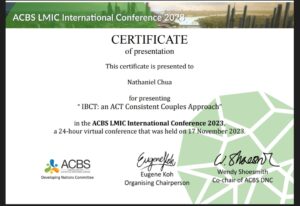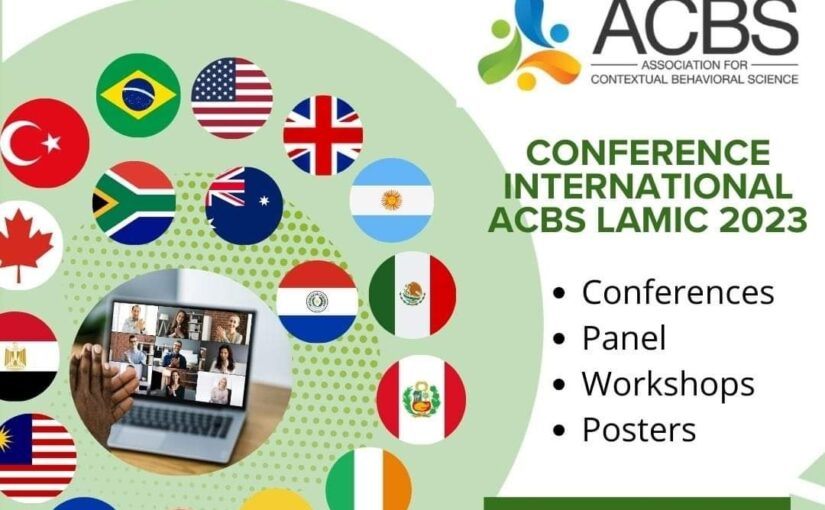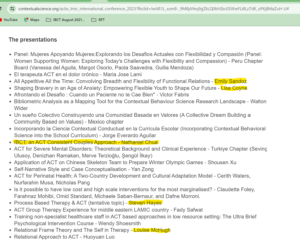by Nathan Chua
The School Play:
I remember some of the most fun I had back in my school days, was when we had to do role plays. Not just any other role play, but actually create a skit as a medium to learn. There’s also very little pressure as these were done in front of a class only and not a major production wherein a whole auditorium of students were there to watch.
My Louis Vuitton Story:
I once entered an LV store in Metro Manila, and scoured through some of the merchandise. As I was doing that, I noticed the attentiveness of the sales people as there were hardly any people around who were shopping. I looked at some items that I thought were very impressive and their price tags. As I was on my way out, I said, “I love your products but I can’t afford any of them!”
Walking around with plastic buckets:
Have you ever had a time when you and your friends went out and knew that you were all going to do something rather unconventional and at times downright embarrassing? Of course, always in the spirit of good clean fun. Well, I am one of those who has gone out with a group of my high school male friends wearing clothes that should only belong to the home, carrying plastic buckets and brooms, and going inside a mall to deposit the stuff we had at the front of the department store where people usually leave their shopping items.
Ordering a siopao at Mcdo:
When I am in a fast food restaurant, I sometimes order something obviously unserious at the counter. For what reason? Nothing just for fun! As the heading for this paragraph tells you, I have in the past ordered the Jollibee Chicken Joy at a McDonald’s restaurant!
Which leads me to how I got to think about writing something like this for all of you. When I did those I did not know anything about contextual behavioral science. About a couple of weeks ago, I found an online audio resource created by Steven Hayes, the developer of ACT (Acceptance and Commitment Therapy) and RFT (Relational Frame Theory). He shared one of the ways we can pop that bubble or illusion that says we do what we think, by doing exactly what I had been doing sporadically since oh, high school? I hadn’t realized doing these crazy things weren’t just fun, they were also about letting go of some of the rules that we tend to sell our lives to! What I was doing was letting go of the rules that shackled me from pursuing what would be psychologically risky, but at the same time liberating. I can choose to be how I want to be at any given moment!
This article reminds me of my father. He was a good but also misunderstood man. Believe me, I was one of those who did. He had always been a businessman who inherited a family business. Through decades of working in the business, he could not manage to make a sizable profit. He found himself mired in debt until the day he passed. There was one skill that we, his kids, thought that could have made him a world-class cartoonist. We saw some of his drawings of caricatures of his friends with a pen! His every line had a precision that he didn’t need a pencil to make his initial sketch. Awesome talent that was never discovered nor shared with more people because he thought he couldn’t.
Are you living with can’ts, shoulds, musts in your life? Yeah they sure feel safe, but do they make you feel alive? Doing what your mind tells you you can’t, is a part of the exercise towards breaking that bubble. That bubble that says you can’t get out of that family business that is so comfortably limiting. That bubble that says you can’t do this or that. Don’t get me wrong, it is not my intention to tell you that anyone can be anything. We all do have limits. The question is, have you tested the limits and seen how liberating it can be on that side where your mind says no, you can’t. And maybe you can just, by doing these silly things for nothing, be you, and no one else but you!







